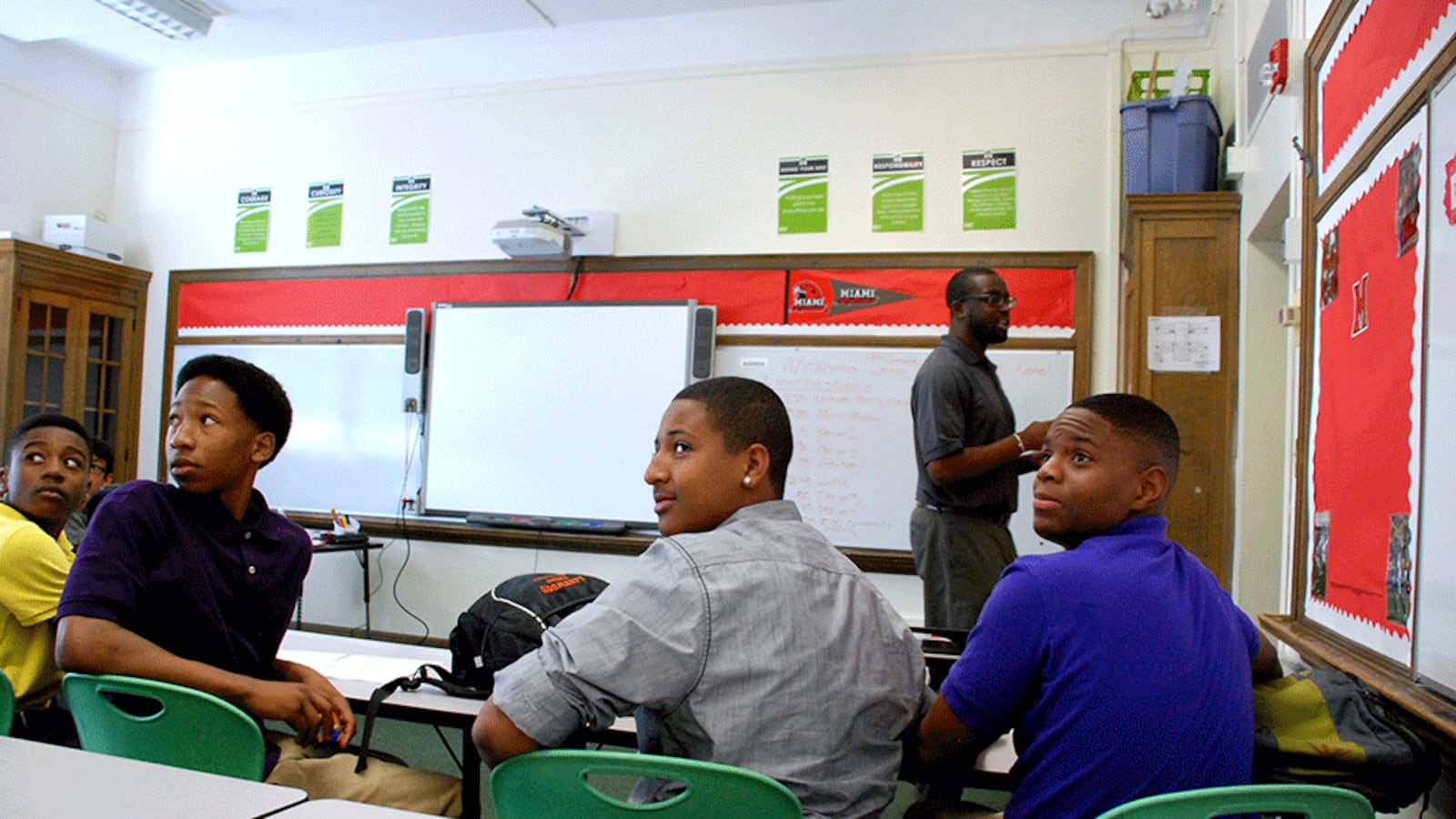From bad to worse.
That’s the top-level finding of a new report on the declining number of Coloradans completing traditional teacher preparation programs at the state’s colleges and universities.
For the sixth year in a row, fewer students are graduating with an education degree and heading into the classroom, according to a report issued jointly by the state departments of education and higher education.
Just 2,472 students graduated this spring with a degree in education. That’s down slightly from 2,529 the previous year. And unlike in years before where there were slight upticks in the number of students completing nontraditional teacher prep programs, that number was flat this year.
The decline in the number of Colorado college students leaving with a teaching certificate is not unique to Colorado. Across the nation, schools are grappling with teacher shortages, especially at the middle and high school level and with subjects such as math and science.
Rural schools here and across the nation are at an even greater disadvantage, according to multiple reports.
There is one glimmer of hope in the report for those advocating for greater diversity in front of the classroom. The makeup of individuals enrolled last year in traditional teacher prep programs was the most diverse since 2011. In total, 2,088 students of color were enrolled at a traditional teacher prep program last year. That’s about 21 percent of all students in such programs.
In an effort to increase the number of available teachers, colleges and school districts alike are creating new programs to attract incoming freshman and non-traditional candidates.
Beginning in 2017, freshmen entering the University of Colorado Boulder will have two new degree options — a bachelor’s degree in elementary education and a bachelor’s degree in leadership and community engagement. The latter was designed to attract students who believe teaching can make an impact in and out of the classroom, officials said.
The University of Northern Colorado, which continues to graduate the largest number of students with teaching degrees, is developing a new program to recruit and train students and current educators to teach in the state’s rural schools.
Denver Public Schools is also expanding a program that takes current teacher aides and puts them in front of the classroom after they’ve completed courses from Western Governors University, a nonprofit online university.
Fewer new teachers is just one of two major factors contributing to the teacher shortage. The other is the number of current teachers retiring or leaving the field. Some of the state’s most high-profile superintendents recently discussed that matter at an annual forum.
They said the public, lawmakers and their peers must restore respect to the profession, among other strategies, to keep current teachers in the field.

